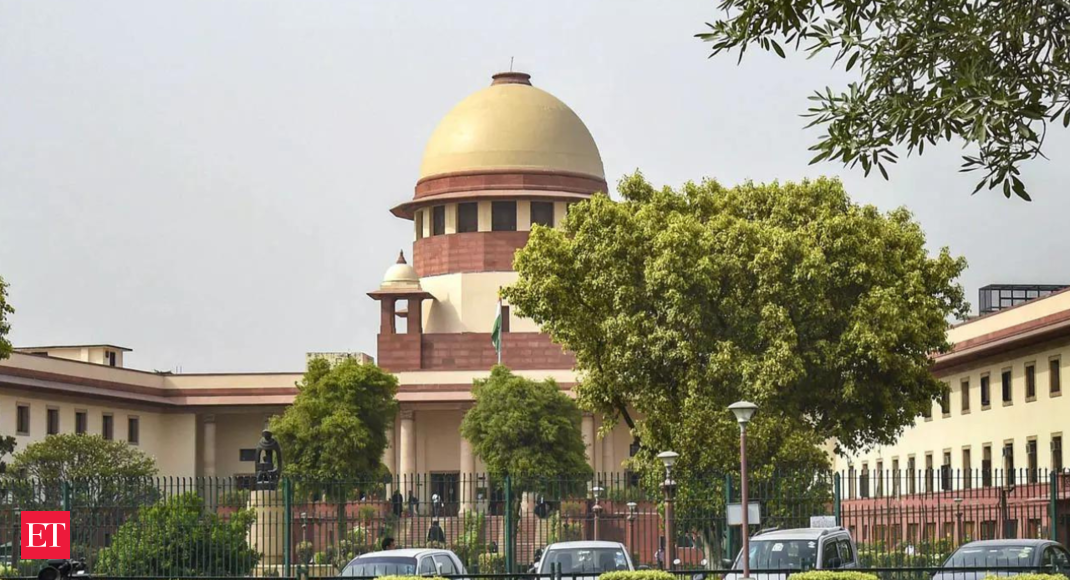The Supreme Court has granted permission for a forensic audit of Ruchi Soya Industries, following allegations of financial irregularities in the company’s operations. This decision marks a significant development in the ongoing legal proceedings surrounding Ruchi Soya Industries.
Ruchi Soya Industries is one of the leading edible oil and soya products manufacturers in India. The company has faced allegations of financial impropriety, prompting concerned stakeholders to seek a detailed investigation into its financial affairs.
The forensic audit, as granted by the Supreme Court, will involve a thorough examination of the company’s financial records and transactions. It aims to uncover any discrepancies or irregularities that may have occurred in the company’s financial operations. This audit will play a crucial role in determining the veracity of the allegations against Ruchi Soya Industries.
The court’s decision to allow a forensic audit underscores the significance of ensuring transparency and accountability in business operations. It serves as a reminder that no company or individual is above scrutiny when it comes to financial matters.
A forensic audit is a detailed inspection of financial documents conducted by certified experts. It involves an in-depth analysis of financial records, bank statements, tax documents, and any other relevant information. The goal of a forensic audit is to uncover any fraudulent activities, identify financial discrepancies, and provide evidence for legal proceedings if necessary. It is a highly specialized field that requires a combination of financial expertise and investigative skills.
The outcome of the forensic audit will likely have significant implications for Ruchi Soya Industries. If any financial irregularities are discovered, it could result in legal consequences for the company and its key stakeholders. On the other hand, if the audit verifies the company’s financial integrity, it could help restore trust and confidence in Ruchi Soya Industries.
The Supreme Court’s decision to allow a forensic audit demonstrates its commitment to upholding the principles of transparency and justice. By ordering a detailed investigation into Ruchi Soya Industries, the court sends a clear message that financial irregularities will not be tolerated in the business sector.
Overall, the forensic audit of Ruchi Soya Industries is a significant step towards resolving the allegations of financial impropriety and ensuring accountability in the company’s operations. It reiterates the importance of adherence to ethical business practices and highlights the role of regulatory authorities in safeguarding the interests of stakeholders.











